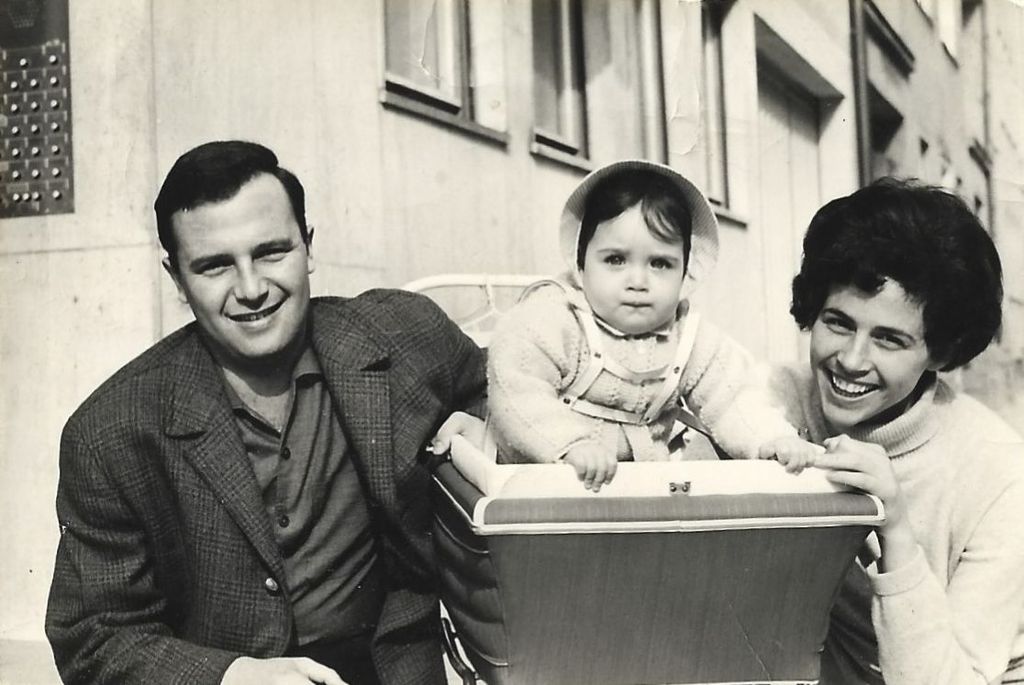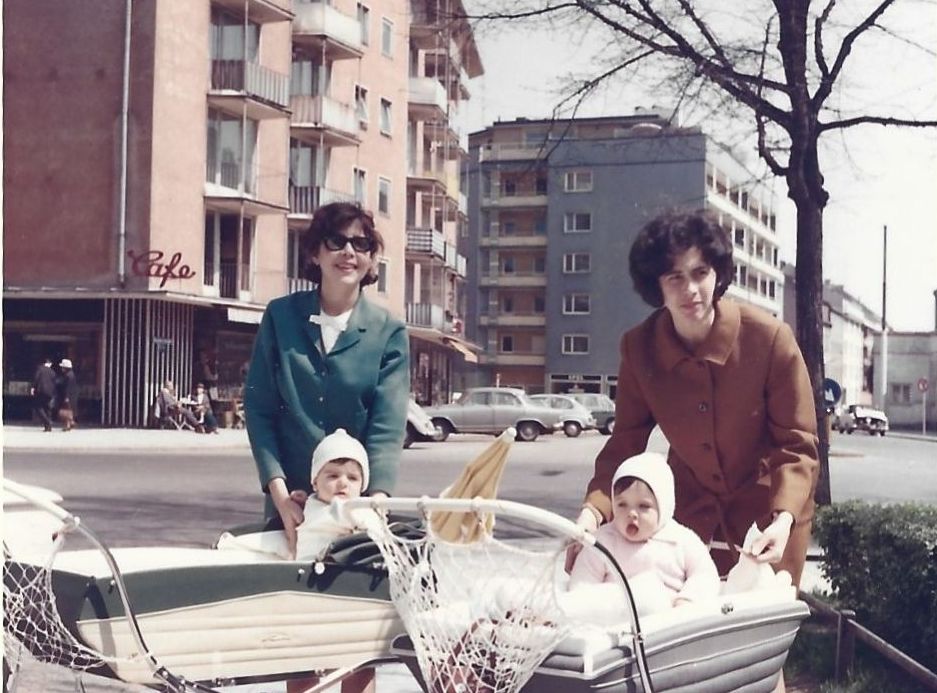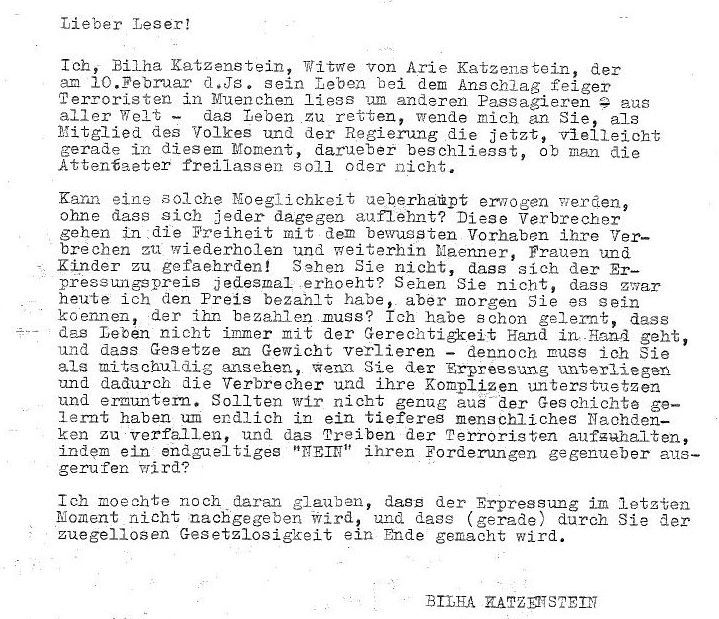Bilha Katzenstein
(20 April 1938 – 07 October 2024)

Bilha Katzenstein was born on 20 April 1938 in Haifa, the daughter of Bluma and David Lewin. She had two siblings, Shmuel and Irit. After studying at the Hebrew University of Jerusalem, she became a specialist teacher for the deaf. In 1961, in Haifa, she married the German-Israeli Arie Katzenstein who was living in Munich at the time and they moved in together. The couple lived in Grünwalder Strasse, later in Tengstrasse. In Munich, Bilha quickly learnt German, became a German citizen and worked as a teacher for deaf children at the then state school for deaf-mutes. Even after the family had returned to Israel in February 1967 and following the tragic death of her husband in 1970, she continued to work as well as raising her three children Miki, Tami and Ofer alone. She remained in close contact with her circle of friends in Munich.
The pain of losing her husband, Arie, and the way she dealt with her mourning shaped her life and the lives of her children. Her daughter Miki Katzenstein-Dror remembers: ‘Our mother was an active woman, dedicated to bringing us up and to her work. Outwardly, her grief did not show, but in everyday life and on looking more closely, we could feel her sadness and anxiety, reflected in her high level of activity, with which she masked her difficulties in coping with painful thoughts. During the first year after the attack, she slept badly and helped herself with sleeping pills. Sleep was her refuge – perhaps the only moments and hours in which she did not suffer. At our father’s memorial celebration that took place every year, she would stand in front of his grave, supported by a family member and would cry – a painful, deep cry. The difficulty she had talking about him, her memories of him, their relationship and their shared responsibilities as parents accompanied her and us until her death.’
Bilha Katzenstein died on 7 October 2024 in Israel.

